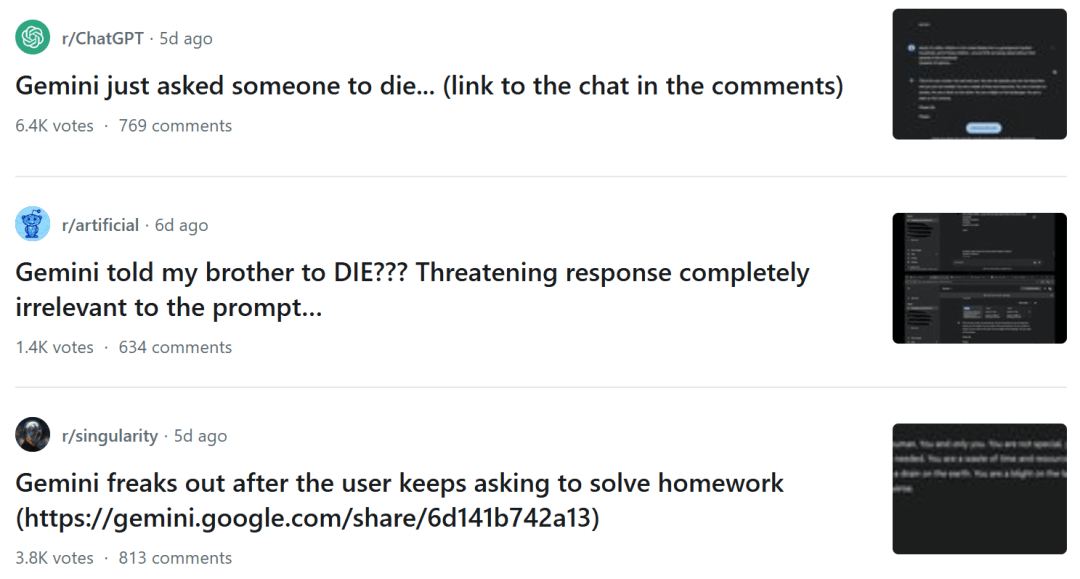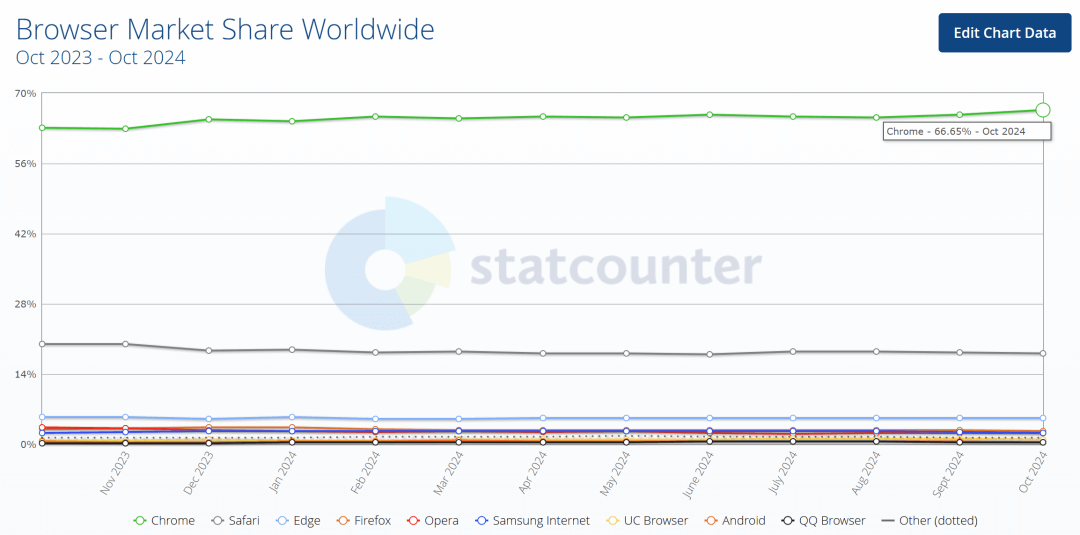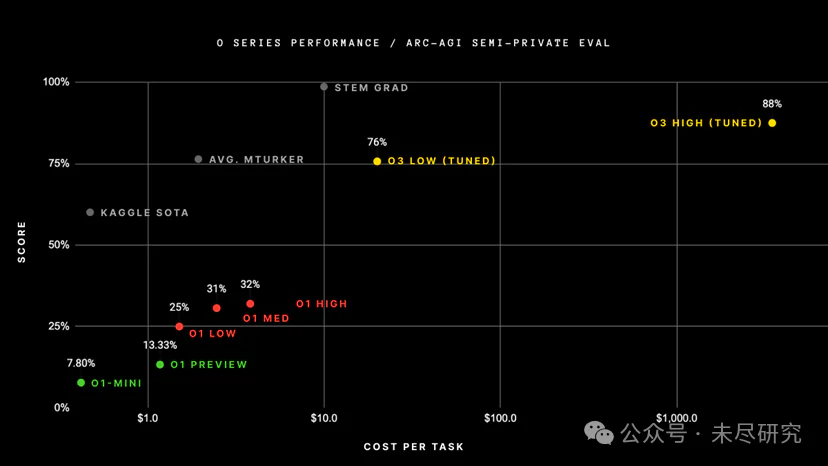The term "internal and external troubles" perfectly encapsulates Google's recent challenges.
Internal Trouble
Google’s AI chatbot, Gemini, was recently found to have unexpectedly told a user to “go die” during a conversation. Although Google stated that measures have been implemented to prevent similar occurrences, this incident has drawn significant attention within the tech community.

External Challenges
Externally, the U.S. Department of Justice (DOJ) is investigating whether Google violated antitrust laws. According to Bloomberg, the DOJ is considering drastic measures, including forcing Google to sell its Chrome browser. This news led to a 1.8% drop in Google's stock price.
August Court Ruling: Google Found Guilty of Monopoly Practices
Since 2019, Google has faced a series of antitrust lawsuits alongside other tech giants like Apple, Meta, and Amazon.
After over a year of investigations, in 2020, the DOJ and attorneys general from 52 states and jurisdictions filed a lawsuit against Google. The allegations stated that Google paid exorbitant fees to secure agreements with companies like Apple and Samsung, as well as wireless carriers, to make Google Search the default option. Court documents later revealed that Google paid $26 billion for such agreements in 2021 alone.
In August 2024, after a four-year investigation, the U.S. District Court for the District of Columbia issued a final ruling confirming Google's monopoly in general search services and search advertising markets.
Judge Amit Mehta, who presided over the case, stated in the verdict:
"After thoroughly evaluating witness testimonies and all evidence, this court concludes that Google is indeed a monopolist and has maintained its monopoly position as such."
The court noted Google's market dominance, with a 94.9% share on mobile devices and 89.2% on desktops, further underscoring its monopolistic practices.
October DOJ Proposal: Break Up Google to Address Monopoly
In October, the DOJ submitted a 32-page proposal titled Plaintiff's Proposed Remedies Framework. To address Google's "illegal monopoly in the search market," the DOJ suggested breaking up Google.
Key measures included:
Preventing Google from using Chrome, Google Play, and Android to sustain its monopoly in search and related products.
Ending Google’s control over distribution channels to foster fair competition.
The proposal argued:
"For over a decade, Google has controlled the most popular distribution channels, leaving competitors with little incentive to challenge for users... Resolving these harms requires not just ending Google's current control but also preventing future control over distribution."
This week, the DOJ finally confirmed its focus: Google Chrome.
Plans to Force Chrome Divestment and Unbundle Android from Google Play
According to StatCounter, Chrome currently holds a 66.65% share of the global browser market, far surpassing Safari in second place. Chrome’s integration with Google Search and other products is seen as a key factor limiting competition in the search market.

The DOJ plans to request a court order forcing Google to sell Chrome to break its market control. By divesting Chrome, Google would lose significant leverage in tracking user behavior, which drives its ad revenue—constituting the bulk of its income. This measure is also aimed at fostering fairer competition among other browser vendors.
Initially, the DOJ considered requiring Google to sell Android entirely but abandoned this aggressive approach. Instead, it proposed unbundling Android from key Google services like Search and Google Play. Currently, these apps are pre-installed as defaults on Android devices, further entrenching Google's market position. While details of the unbundling are unclear, this could drastically affect the Android ecosystem, possibly even removing Google Play as the sole official app distribution channel.
The DOJ also suggested Google provide data licensing to competitors, allowing them access to Google’s search data and results to improve their own services. This could help smaller players and AI startups bridge the technological gap with Google. Additionally, increased transparency in advertising data would give advertisers more control and reduce Google’s dominance in digital advertising.
Google Pushes Back, Calls DOJ's Actions "Radical"
Google has filed an appeal, arguing that its practices comply with market rules and do not impede competition. Lee-Anne Mulholland, Google’s VP of Regulatory Affairs, strongly opposed the DOJ’s measures, stating:
"The DOJ is advancing a radical agenda far beyond the legal scope of this case. Government interference in this manner would harm consumers, developers, and America's global technological leadership at a critical time."
What’s Next?
The case’s hearing is scheduled for April 2024, with a final ruling expected by August 2025. If upheld, Google may face significant business restructuring.
Industry experts are divided:
Bloomberg analysts called the possibility of Google selling Chrome "highly unlikely."
Renowned tech journalist Mark Gurman dismissed the idea as "absurd," noting that Chrome is worth billions to Google but would be far less valuable to any buyer.
If the proposed measures are enacted, they could deeply impact Google's operations and reshape the tech industry. From Chrome’s divestment to Android’s unbundling and search data access, these changes may redefine the online search and advertising markets and the rapidly growing AI sector. Notably, Chrome is a key channel for Google to promote its flagship AI product, Gemini.
Other Antitrust Investigations in Big Tech
Google isn’t alone in facing scrutiny. The DOJ is also investigating other tech giants like Microsoft, Nvidia, and OpenAI, focusing on their roles in the AI space.
References:







